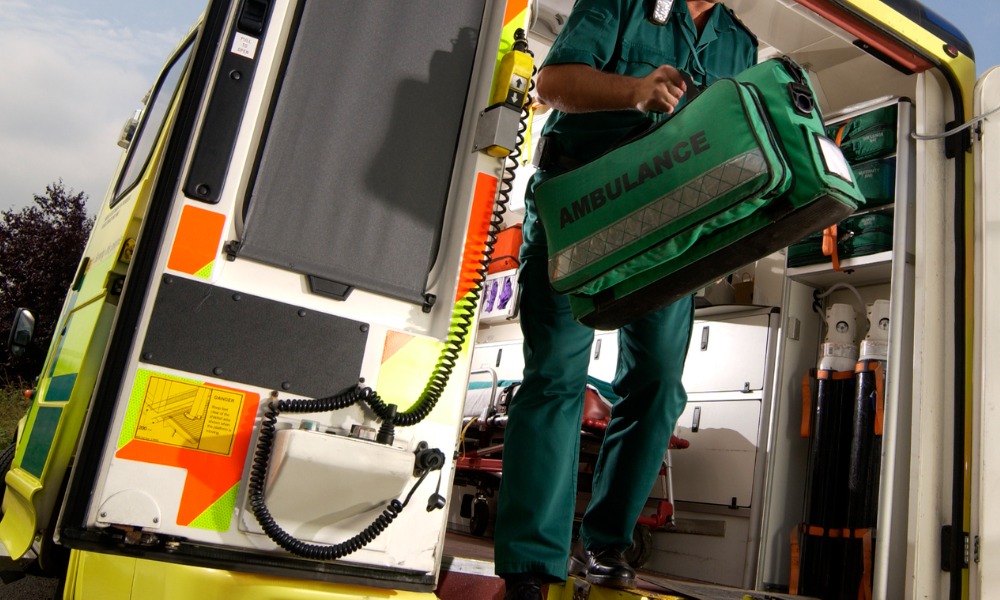A study shows paramedics save $2,000+ per call by providing home care for palliative patients

A study published in the Canadian Journal of Emergency Medicine reveals that at-home palliative care provided by paramedics supports patient preferences, saves paramedic time, and reduces costs.
The research, part of the Paramedics and Palliative Care: Bringing Vital Services to Canadians initiative, estimates a savings of $2,773 per 9-1-1 call when paramedics offer person-centred care at home for individuals with cancer or other life-limiting conditions.
The initiative, led by the Canadian Partnership Against Cancer (CPAC) and Healthcare Excellence Canada (HEC), was launched in 2011 across Nova Scotia, Prince Edward Island, and Alberta.
Since then, it has expanded to include Newfoundland and Labrador, New Brunswick, Ontario, Manitoba, Saskatchewan, and British Columbia. Over 7,500 paramedics have been trained through the program.
The findings highlight key benefits:
- 60 percent of 9-1-1 calls resulted in patients receiving treatment at home, avoiding emergency department visits, compared to the typical 90 percent of 9-1-1 calls that end in hospital trips.
- Paramedics saved an average of 31 minutes per visit by treating patients at home.
- The initiative yielded a return of $4.60 for every dollar invested.
- Over 92 percent of surveyed patients and families expressed satisfaction with the care provided.
During the COVID-19 pandemic, the initiative gained importance as healthcare systems sought to minimize hospital admissions.
Jennifer Zelmer, president, and CEO of HEC, says, “The Paramedics and Palliative Care initiative responds to patients who told us that they want to be at home at the end of their lives. This study shows that this approach delivers better value for the health system while improving care for patients and their caregivers.”
Craig Earle, CEO of CPAC, also commented, “The positive impact of the Paramedics and Palliative Care initiative is a testament to the commitment and collaboration of 7,500 paramedics and 200 healthcare providers across the country.”
“We are proud to see the results of the initiative. With the continued leadership of partners and paramedic services, we look forward to seeing this approach to palliative care applied within and beyond the cancer care system.”
Jean-Éric Tarride, the study's lead author and director of the Centre for Health Economics and Policy Analysis at McMaster University, explained that the analysis of the initiative showed key benefits.
Allowing trained paramedics to deliver palliative and end-of-life care at home helps reduce both the time and stress associated with hospital visits for patients.
Wider implementation of this initiative would help reduce emergency department congestion and enable paramedics to spend more time directly caring for patients rather than waiting to transfer them into hospital care.



